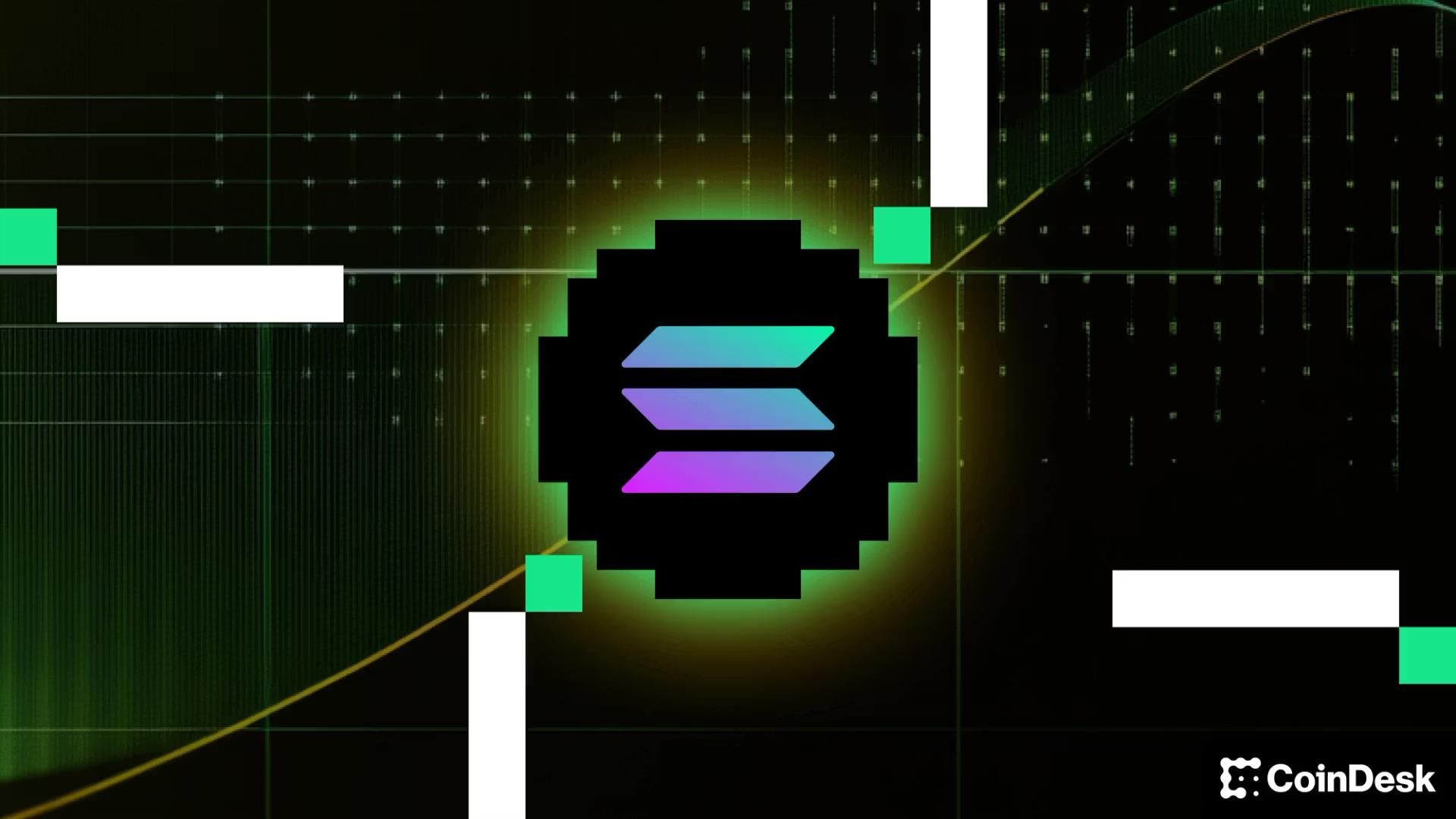As quantum computing technology edges closer to practicality, the implications for blockchain-based systems, particularly Bitcoin, cannot be ignored. Given its reliance on cryptographic security, Bitcoin could face significant vulnerability. Experts are actively discussing strategies to safeguard these systems against potential quantum threats, emphasizing the need to adapt and fortify existing protocols to withstand the evolving digital landscape.
How Serious is the Quantum Threat?
Quantum computing’s capability to reverse-engineer private keys from public ones presents a looming risk to the security of digital currencies like Bitcoin. Analyst Willy Woo highlights the vulnerability of Taproot outputs, which display public keys from the beginning, making them susceptible. In contrast, SegWit provides a layer of protection by delaying public key exposure. Woo advises vigilance by stating,
“In the age of big scary quantum computers (BSQC) that are coming, you need to protect your PUBLIC KEY also.”
Will Temporary Solutions Suffice?
The temporary security measures discussed offer limited assurance. Woo emphasizes the necessity for a holistic network-wide cryptographic overhaul, observing that users should refrain from moving coins from SegWit addresses, as doing so reveals public keys.
“[Holders shouldn’t] spend or move their coins from the SegWit address because doing so reveals the public key on-chain.”
Industry voices, including Charles Edwards from Capriole, express doubts about these provisional fixes and call for a swift upgrade of Bitcoin networks. Edwards warns against complacency and regards a seven-year timeframe for resolution as possibly too hopeful.
SegWit, primarily aimed at enhancing transaction efficiency, also serves as a form of defense by postponing public key exposure. Nevertheless, a highly advanced quantum computer could potentially undermine Bitcoin’s existing security by exploiting its elliptic curve digital signature algorithm (ECDSA). Current machines still lack the required stable qubits to achieve this.
Despite quantum computing being in its nascent stages, advancements are swift, underscoring the importance for cryptocurrency networks to proactively adapt. Current studies corroborate that the immediate threat is minimal owing to existing technological limitations.
- Advanced quantum computers pose potential risks due to their ability to break cryptographic security.
- SegWit offers some protection but is not a long-term solution.
- Swift and comprehensive upgrades are crucial for continued security.
Adapting cryptocurrency protocols to stay ahead of quantum advancements is imperative. This involves transcending short-term fixes and requires a concerted effort from the industry to ensure the crypto ecosystem can withstand future technological disruptions.
Disclaimer: The information contained in this article does not constitute investment advice. Investors should be aware that cryptocurrencies carry high volatility and therefore risk, and should conduct their own research.

















 English (US)
English (US)